Corn is a food crop and a medicinal herb that can treat many diseases. Even the corn silk, which is usually discarded, is an ingredient in making medicine.
After harvesting, corn silk is dried, can be boiled to drink as tea, combined with some other herbs to make medicine, and made into a thin paste.
In Oriental medicine, corn silk is called Ngoc Me Tu, sweet in taste, neutral in nature, has the effect of calming the liver, promoting phlegm, reducing swelling, and promoting urination. Doctors often use corn silk to treat diabetes, high blood pressure, cystitis, kidney stones, cholecystitis, hepatitis, etc.
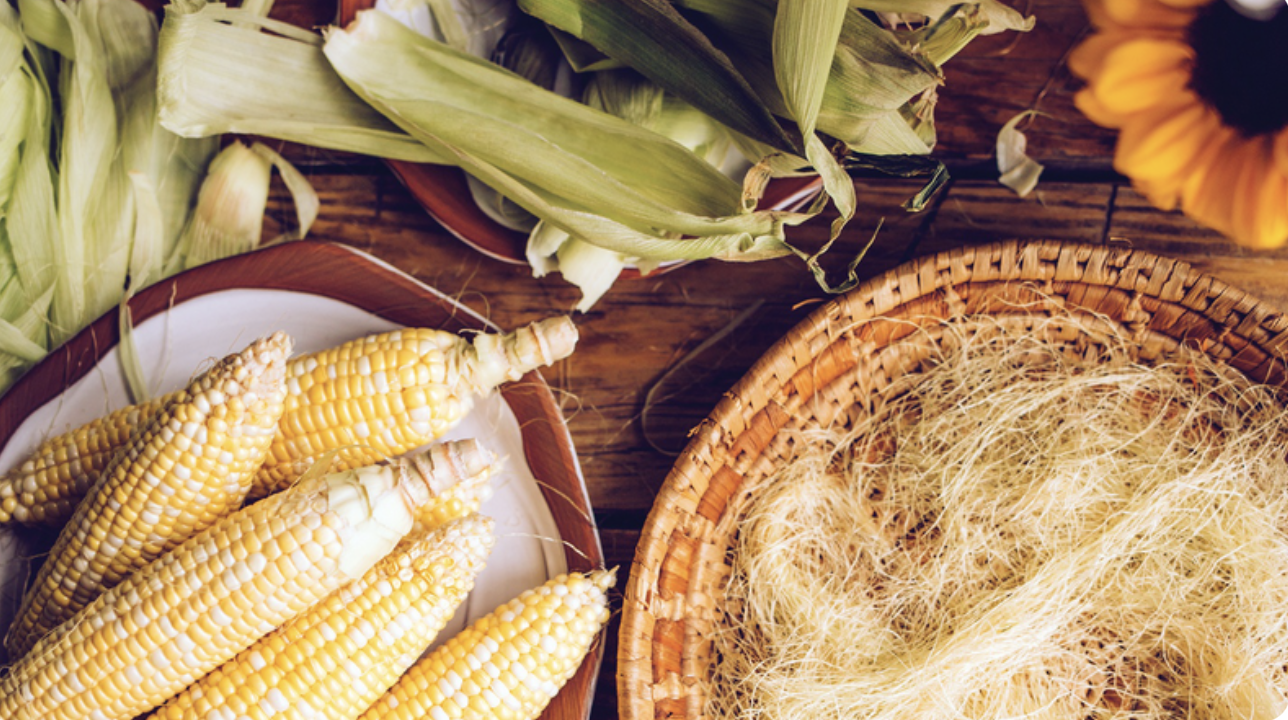
Not only in Vietnam, but many other countries such as China, France, Türkiye, and the United States also use corn silk to support treatment. In traditional Chinese medicine, this herb is used to treat prostate diseases, urinary tract infections, and malaria.
According to Healthline , many recent studies show that corn silk can also help reduce blood pressure, cholesterol, blood sugar, and inflammation.
Potential effects
Although corn silk is widely used as a medicinal herb, there is not much research to support it. However, preliminary data suggests that corn silk may have health benefits, especially for certain types of inflammation, such as heart disease and diabetes.
Provides antioxidants
Antioxidants protect the body's cells against free radical damage and oxidative stress. Oxidative stress is one of the main causes of several chronic diseases, including diabetes, heart disease, and cancer. Many laboratory and animal studies have shown that corn silk is rich in natural flavonoid antioxidants.
Has anti-inflammatory properties
Inflammation is part of the body's natural immune response. However, excessive inflammation is linked to many diseases, including heart disease and diabetes.
Studies have shown that corn silk extract can reduce inflammation by inhibiting the activity of inflammatory compounds. The plant fiber in corn silk also contains magnesium, which regulates the body's inflammatory response.
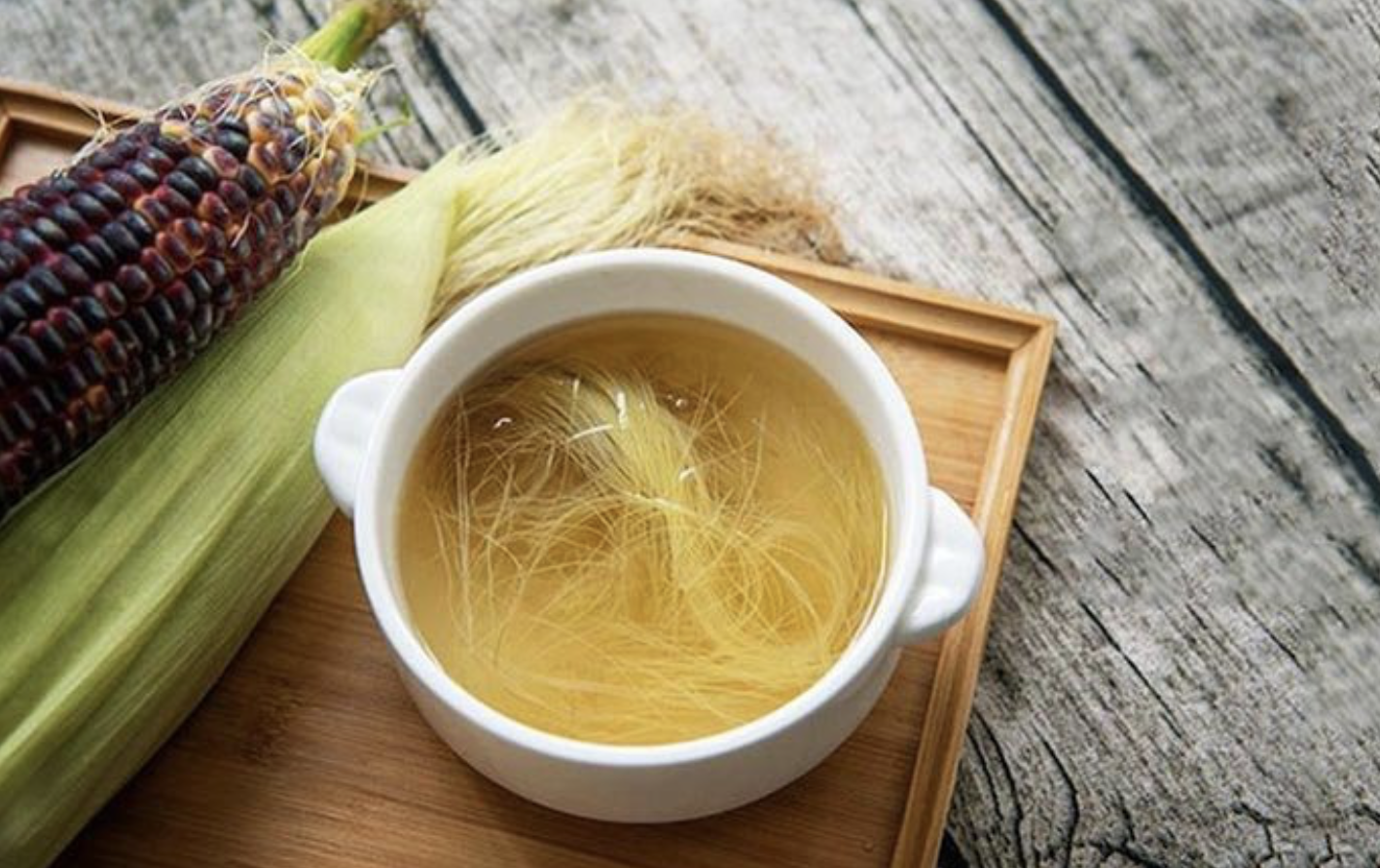
Blood sugar control
Several studies have shown that corn silk can reduce blood sugar levels and help control diabetes symptoms. It was observed that diabetic rats given corn silk flavonoids had significantly reduced blood sugar levels compared to the control group.
Recent laboratory analysis also revealed that antioxidants in corn silk prevent diabetic kidney disease. Although these results are promising, human studies are needed.
May lower blood pressure
Corn silk may be a natural alternative to diuretics, which are commonly used to lower blood pressure. A recent study in rats found that corn silk extract reduced blood pressure by inhibiting the activity of angiotensin-converting enzyme.
In an eight-week trial, 40 people with high blood pressure took corn silk extract supplements. Their blood pressure dropped significantly compared to the control group.
May lower cholesterol
One animal study found that mice given corn silk extract had reduced total cholesterol and LDL (bad) cholesterol along with increased HDL (good) cholesterol.
On the same high-fat diet, mice fed corn silk had significantly lower cholesterol than those fed the other diet.
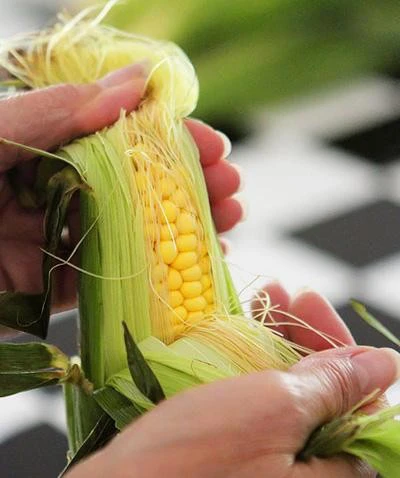
Notes on use
Many factors can influence how your body reacts to corn silk, including age, health status, and medical history.
Most of the available research shows that corn silk is not toxic. However, if you are allergic to corn, you should stay away from corn silk. Additionally, you should not use corn silk if you are taking diuretics, blood pressure medications, diabetes medications, anti-inflammatories, blood thinners, or potassium supplements.
If you buy corn silk for home use, choose a reputable source to avoid the risk of pesticide contamination. Corn silk has smooth, shiny, golden brown fibers; remove the black fibers, wash, and dry.
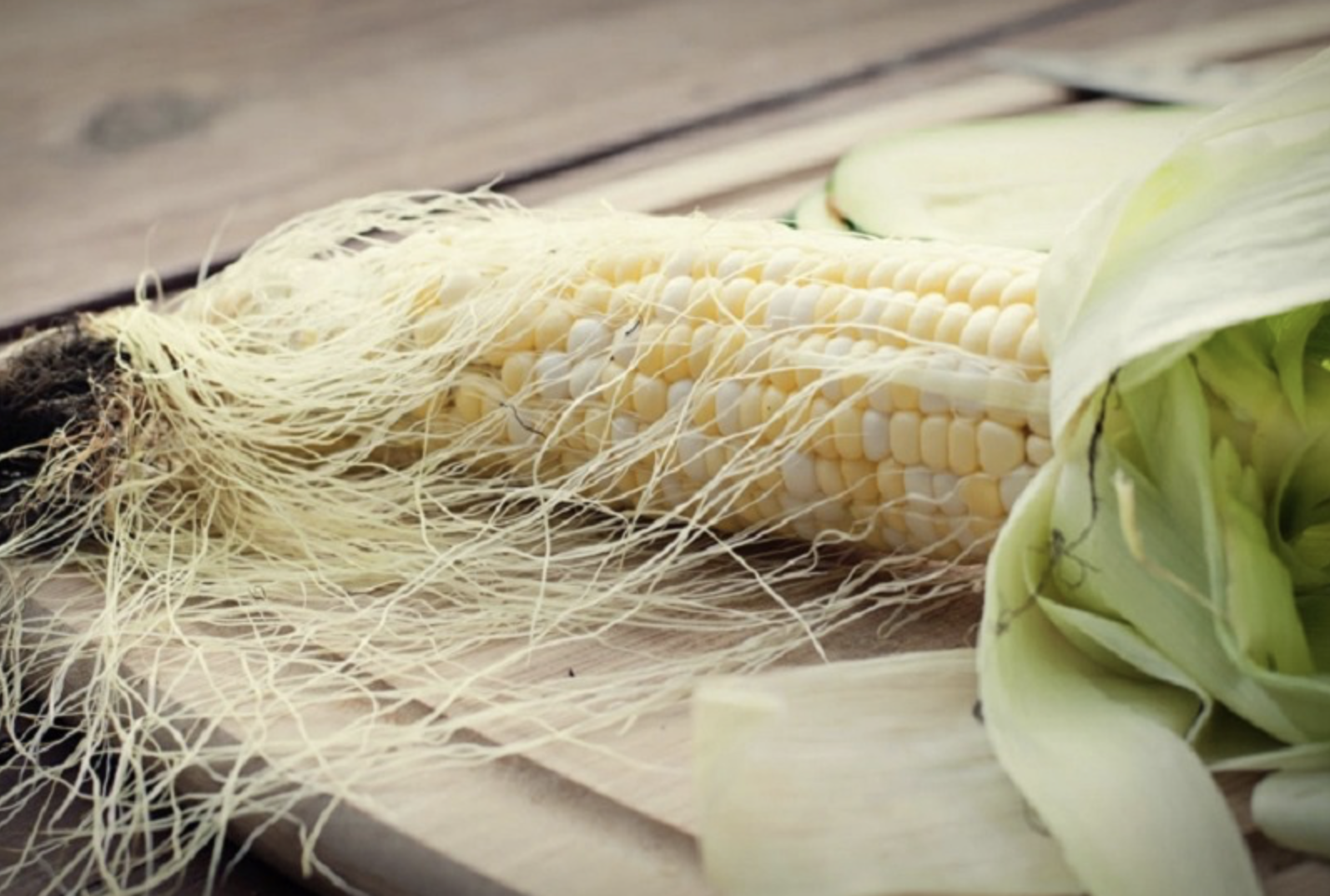
Initially, you should only use a low dose, do not drink too much corn silk water, and do not last more than 10 days.
Pregnant women and children who want to use this herb should consult a doctor.
Source





![[Photo] Lao President Thongloun Sisoulith and President of the Cambodian People's Party and President of the Cambodian Senate Hun Sen visit the 95th Anniversary Exhibition of the Party Flag Lighting the Way](https://vphoto.vietnam.vn/thumb/1200x675/vietnam/resource/IMAGE/2025/9/2/3c1a640aa3c3495db1654d937d1471c8)
![[Photo] National Assembly Chairman Tran Thanh Man meets with First Secretary and President of Cuba Miguel Diaz-Canel Bermudez](https://vphoto.vietnam.vn/thumb/1200x675/vietnam/resource/IMAGE/2025/9/2/c6a0120a426e415b897096f1112fac5a)
![[Photo] National Assembly Chairman Tran Thanh Man receives First Vice Chairman of the Federation Council of Russia](https://vphoto.vietnam.vn/thumb/1200x675/vietnam/resource/IMAGE/2025/9/2/3aaff46372704918b3567b980220272a)








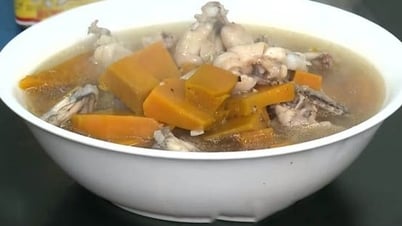













































































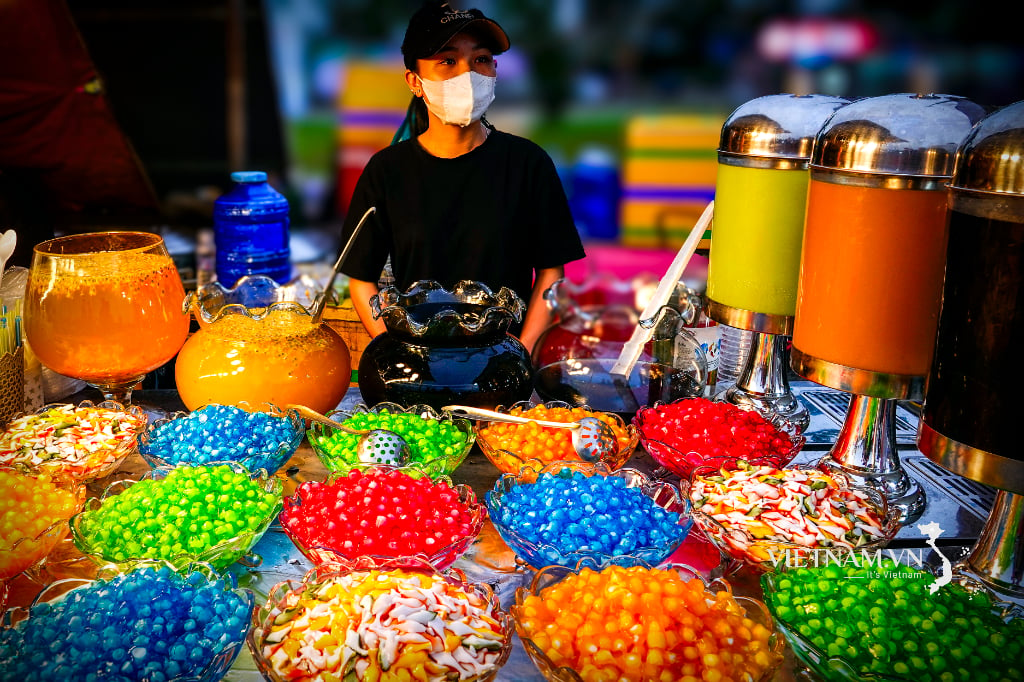


Comment (0)